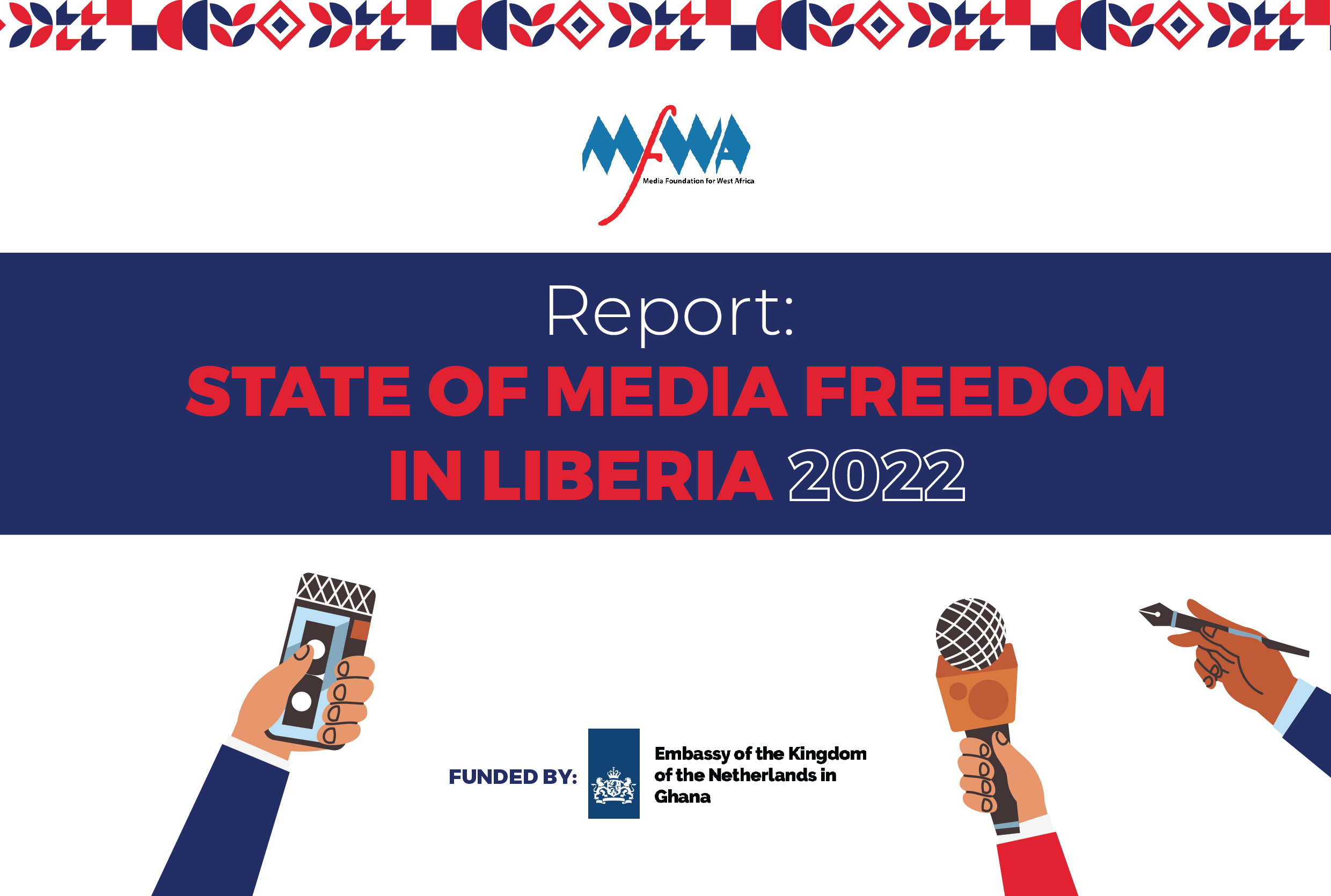In the latest global press freedom rankings by Reporters Without Borders (2022) Liberia scaled 23 places up the pecking order, from its previous year’s (2021) ranking of 93/180. Even so, the 2022 ranking – 75/180 – indicates more needs to be done.
The performance also means that Liberia can do well if concerted efforts are made to improve the press environment. In this report, the many impediments that make the country’s press environment one of the not-so-good in the world are highlighted, with negatives like assaults on journalists and attacks on media houses, really punctuating the narrative.
However, as the report underscores, it is not all gloom for the press in Africa’s oldest republic. After picking up the pieces from the 13-year civil war that tore it apart from 1990 to 2003, Liberia has seen a proliferation of media outlets, thanks to new progressive laws that have come to govern the establishment of media houses. In 2002 there were only two independent dailies and one bi-weekly. But as of 2022, over 50 newspapers, 130 radio stations and a number of television stations were in the count.
Along with the proliferation of traditional media, there has been a boom in the consumption of media content via the internet and social media. As of January 2022, there were 1.15million internet users, in the country of 5.193million citizens. There are some 748,200 social media users and an internet penetration of 22%.
The good laws that are driving the buoyancy of the Liberian media space start from the country’s constitution which guarantees press freedom. Also instrumental, has been the passage of the freedom of information Act in 2010, and the repeal of criminal libel law in 2019.
All of these good highlights are however, blighted by a notorious sub-culture of attacks on journalists and media practitioners. Assault, arson, seizure of equipment of journalists and the thuggish invasion of media houses are especially recurrent in the negative chapters of the Liberian press freedom story.
Though the perpetrators of these abuses are varied, the majority are public officials. The state does get some credit for pursuing justice in the event of some of these abuses, however, in some cases, it does not act. In 2022, this half-hearted disposition of the state continued on the occasioning of a number of attacks on journalists and media houses.
Meanwhile, media practitioners and media houses do not prioritize the safety of journalists at all. This is evidenced in the fact that not a single of the numerous media houses in Liberia has a safety policy.
The Media Foundation for West Africa (MFWA), is collaborating with the Center for Media Studies and Peace Building to change this by establishing a Committee for the Safety of Journalists. However, in the meantime, it is recommended that the government, media organizations and media practitioners themselves, take actions that will improve the media environment in the country.
Among others, governments are urged to ensure that perpetrators of attacks on media organizations and practitioners, are swiftly prosecuted to instill deterrence. Government is also urged to establish a national media regulatory mechanism to proactively monitor the performance of journalists.
Media organizations are urged to prioritize the safety of their staff, journalists themselves are also urged to take safety issues seriously while, ensuring that they employ the highest professional standards in their work.
Read the full report here.






